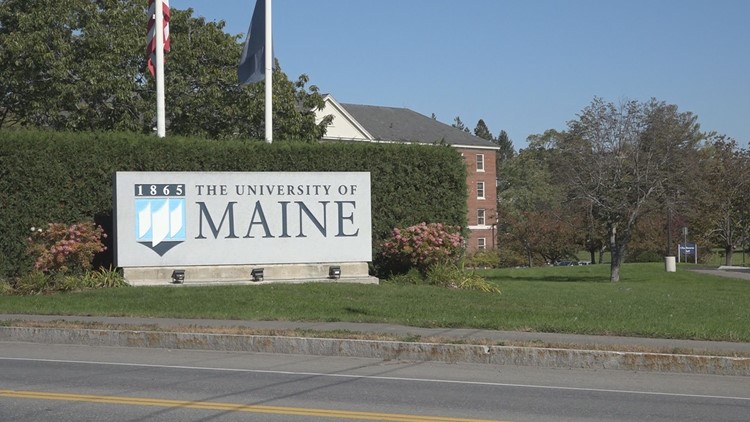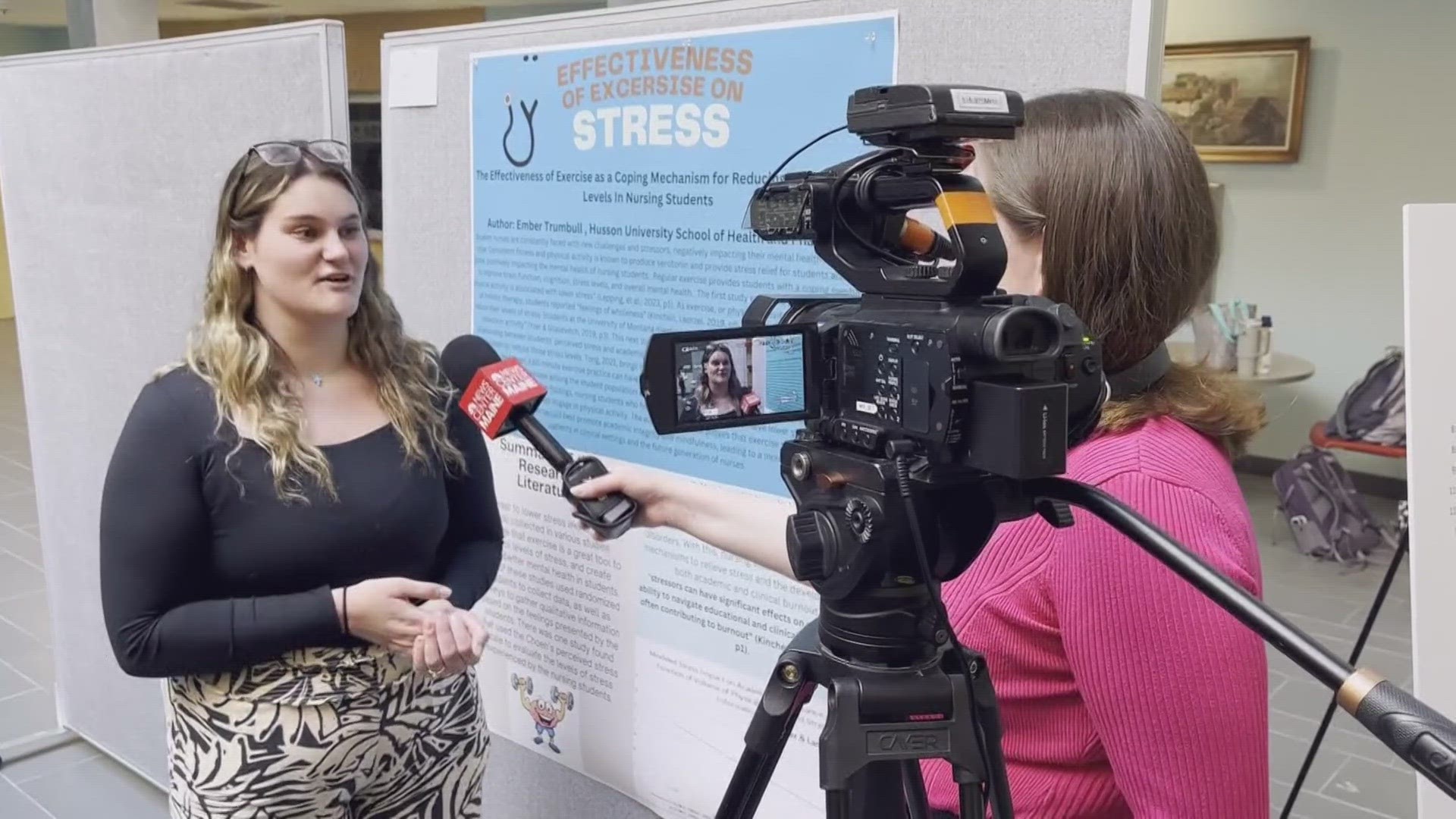PORTLAND, Maine — Whether they come from homeowners, farmers, the lawn care industry, or nurseries, plant samples suspected of being diseased get sent to the University of Maine Plant Disease Diagnostic Lab. It handles samples for Maine and New Hampshire, officials say.
Dr. Alicyn Smart is the lab director and makes the final diagnosis for each sample sent in. Smart told NEWS CENTER Maine she also creates the management recommendations for handling samples found to be diseased.
“This year, we received samples from 11 states. I also carry out research of my own,” Smart said.
The scientist researches strawberries, potatoes, and squash as she tries to figure out how farmers can limit crop losses to plant diseases. That means working to ensure farmers can grow more food without losing it to disease.
Smart said she started handling plant samples from New Hampshire in June after a colleague at that diagnostic lab retired. That colleague asked Smart if she could cover New Hampshire for her.
“I had hired more UMaine undergraduate students than I had ever had, so I felt we were positioned to be able to step in and help the New Hampshire farmers and homeowners,” the lab director said. “The hiring process for New Hampshire is underway, and I am happy to help them as long as they need me to.”
Amy Papineau is the program team leader of food and agriculture at the University of New Hampshire Cooperative Extension. She told NEWS CENTER Maine that UNH Plant Diagnostic Lab Director Dr. Cheryl Smith retired in June after 35 years of being the director.
“We coordinated with Dr. Smart in Maine to have Maine’s plant diagnostic lab accept samples from New Hampshire clients so that New Hampshire residents, businesses, and agencies would not go without the important services of a plant diagnostic lab while we worked to refill the position left vacant by Dr. Smith’s retirement,” Papineau said.
She added, “We are grateful that Maine is such a strong and welcoming partner and has been able to help us bridge the gap while we conduct a national search for a new plant diagnostic lab director.”
The search for that director ended with Dr. Emran Ali hired to fill the role, according to Papineau. Ali will join the lab in January and resume the UNH Plant Diagnostic Lab activities, she said.
“I expect that Dr. Ali will maintain a strong partnership with Dr. Smart and will bring new expertise to the diagnostic programs in both states,” Papineau said.
Meanwhile, in Maine, Smart said when most folks find out what she does, they tell the scientist they’d never considered plants getting diseases. But it happens.
“I like to ask them if they ever left strawberries sitting in their fridge too long, and then they turn gray? Usually, they say, ‘Yes,’ shyly, and then I explain this is a plant disease. And it starts all the way back when the plant was flowering. Plant diseases affect us all because we all eat.”
Smart said if people walked into her lab during summer, the smell of garlic would hit them. That’s because her lab supports the large seed garlic industry in Maine, as well as nationally.
“We processed over 1,200 garlic bulbs this year alone,” she said.
The Maine Plant Disease Diagnostic Lab also serves as the interim regional center for the Northeast Plant Diagnostic Network. Twelve states and 13 labs make up the network.
“This is a tremendous privilege to represent the northeast, which since the inception of the organization in 2002, had been represented by Cornell University,” Smart said.
The primary benefit of Maine (and New Hampshire) having access to this lab is Smart and her staff can provide quality diagnostics. And those diagnostics are then used to create the best course of action for managing plant diseases when they’re found in submitted samples.
“Our goal is to decrease unnecessary pesticide use, increase knowledge in the area of plant diseases, and reduce the loss of yield,” Smart said.
As for how Smart first became involved with the lab, she interned there for a summer during her undergraduate studies. The scientist said that confirmed her passion for plant pathology.
As of this fall, she’s been the lab’s director for four years. For more information on her background, click here.



